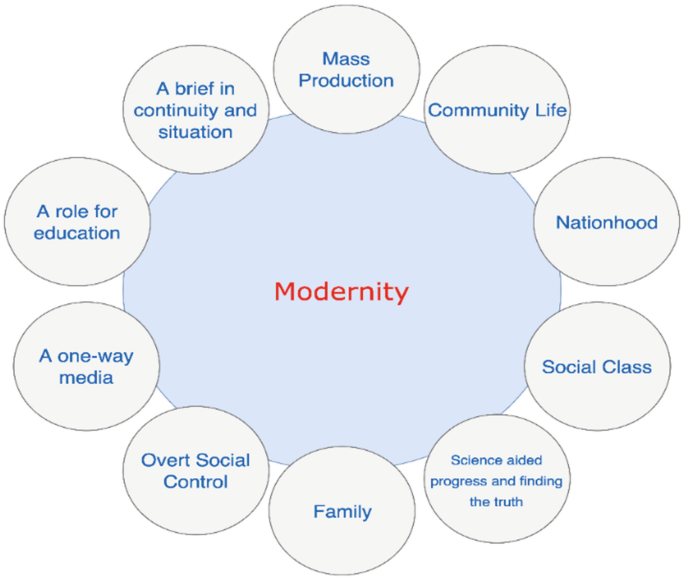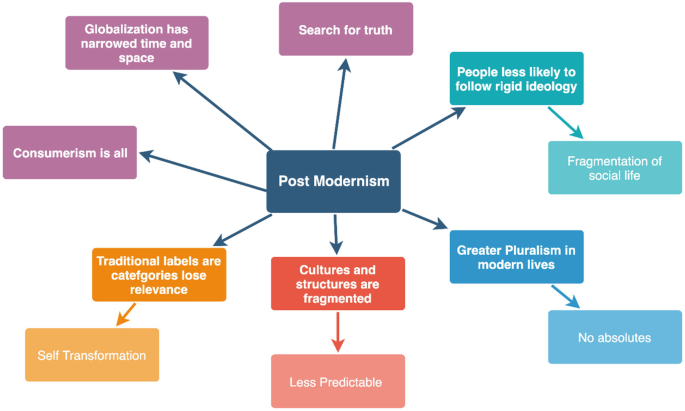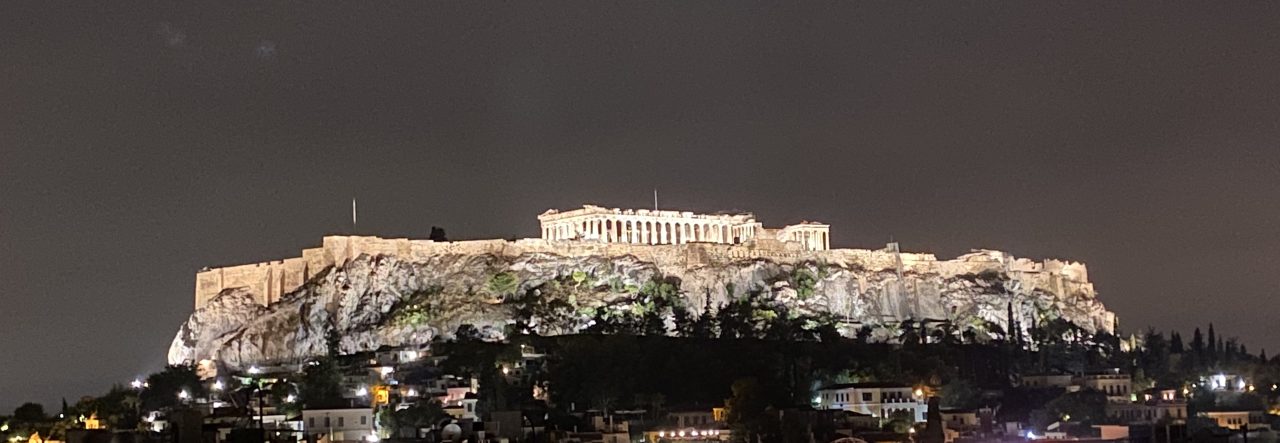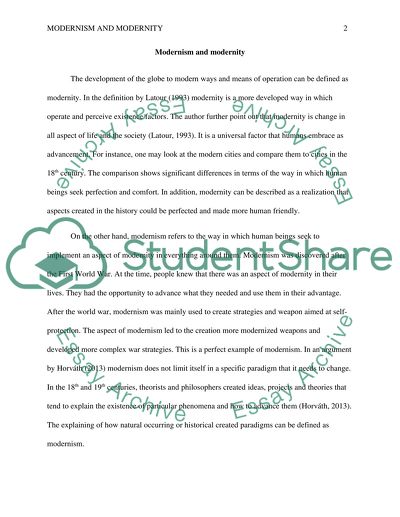Modernity and modernism are two concepts that are often used interchangeably, but they do have distinct meanings. Modernity refers to the social, economic, and cultural conditions that have emerged in the wake of the Industrial Revolution and the Enlightenment. It is characterized by the emergence of modern nation-states, the growth of industrial capitalism, the spread of democracy and individualism, and the rise of secularism.
Modernism, on the other hand, is a cultural and artistic movement that emerged in the late 19th and early 20th centuries as a response to modernity. It is characterized by a focus on innovation and experimentation, as well as a rejection of traditional forms and values. Modernist artists and writers sought to break with the past and create something new and original. They were influenced by a variety of sources, including the Industrial Revolution, the rise of urbanization, and the growing influence of science and technology.
Modernity and modernism are closely related, as the cultural and artistic movements of modernism were a response to the social, economic, and political changes of modernity. However, it is important to note that modernism was not simply a reflection of modernity, but rather a critical and creative response to it. Modernist artists and writers sought to challenge and subvert the dominant values and norms of their time, often by exploring new forms of expression and by experimenting with new techniques and styles.
One of the key features of modernity is the rise of individualism, which has led to a greater emphasis on personal freedom and autonomy. This has had both positive and negative consequences. On the one hand, individualism has allowed for greater personal choice and freedom, and has helped to pave the way for the spread of democracy and civil liberties. On the other hand, it has also contributed to a sense of isolation and loneliness, as people become more isolated from their communities and traditions.
Modernism, too, has had its share of both positive and negative effects. Its focus on innovation and experimentation has led to significant advances in art, literature, and music, and has helped to break down traditional forms and values. However, it has also led to a sense of disillusionment and detachment, as people struggle to find meaning and purpose in a rapidly changing world.
In summary, modernity and modernism are two related but distinct concepts that have shaped the world we live in today. Modernity refers to the social, economic, and cultural conditions that have emerged in the wake of the Industrial Revolution and the Enlightenment, while modernism is a cultural and artistic movement that emerged in response to modernity, characterized by a focus on innovation and experimentation. Both modernity and modernism have had a profound impact on the world we live in, and continue to shape our understanding of the world today.









